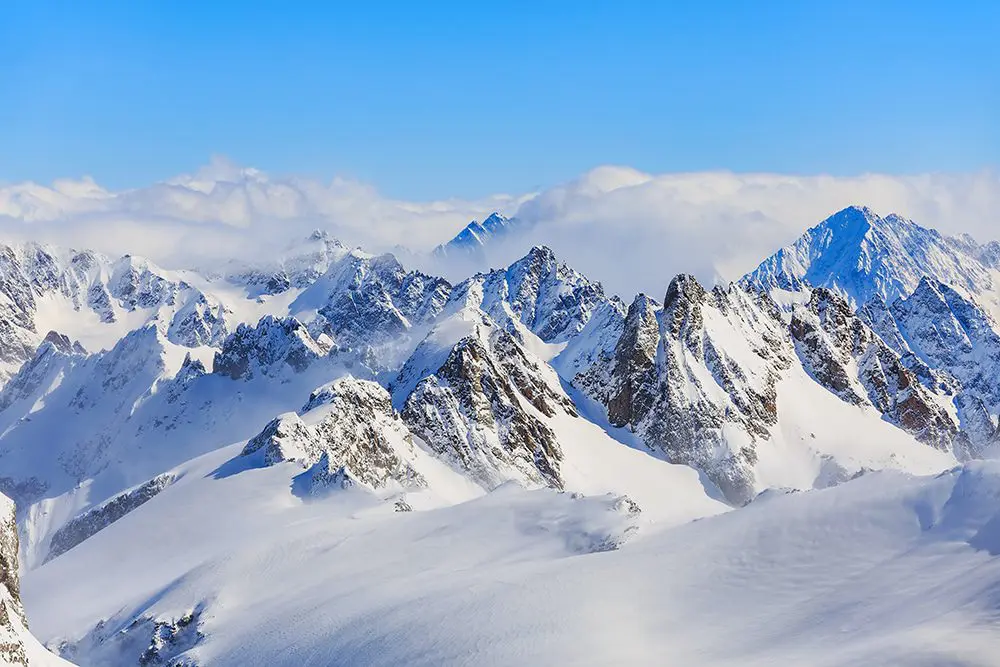“What we’re observing is stronger than anything we’ve thought possible so far,” the researchers said
Some of Switzerland’s smaller glaciers have lost significant amounts of ice this summer amid record-breaking heat, forcing scientists to suspend some of their measurement programs because there is no ice left, DPA reported.
“What we’re observing is stronger than anything we’ve thought possible so far,” said Matthias Huss, who leads the Glamos glacier measurement network at the Swiss Federal Institute of Technology in Zurich.
Some of the layers of the Korvach Glacier in southeastern Switzerland, which formed about 7,000 years ago, have melted, he told DPA. The dating of the ice is based on earlier measurements made by the University of Heidelberg, Germany.
The measurement program in Korvach will be terminated because there is no ice left at the measurement sites, Huss said. “So the only thing left for us to do is collect all the material and clean up.”
Scientists from the Glamos program have been measuring glaciers for decades, estimating levels of snowpack in winter and snowmelt in summer.
The team decided to phase out its measurement programs on three smaller glaciers in 2019 – at Pizolgletcher, Vadret dal Korvach and Schwarzbachfirn.
In the short term, however, they hoped to continue the measurements a little longer as the rate of loss slowed last year. “But the losses this summer were too bad,” Huss said, referring to the unprecedentedly hot weather, which means it is technically no longer possible to measure further ice loss.







